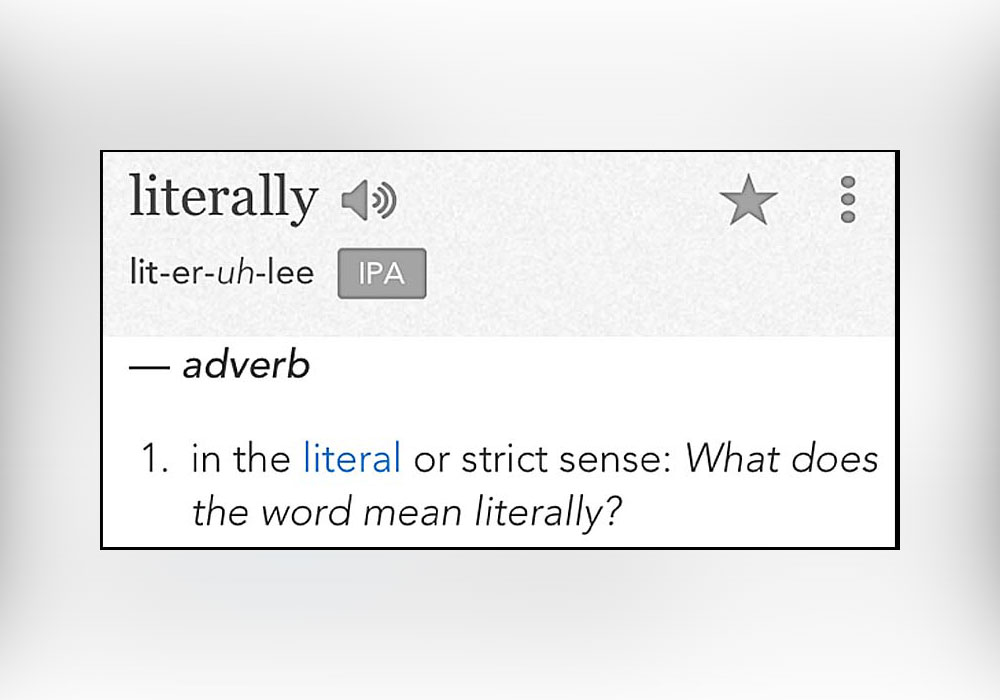7 Bands Who Were Inspired By Literature
Do you ever feel so inspired by a good book that you want to sing? Many bands and recording artists have acted on that impulse by working elements of their favorite novels, short stories, or poems into their musical repertoires. Here are a few of our favorite salutes to literature in popular music. The Doors The band name The Doors is a nod to Aldous …










